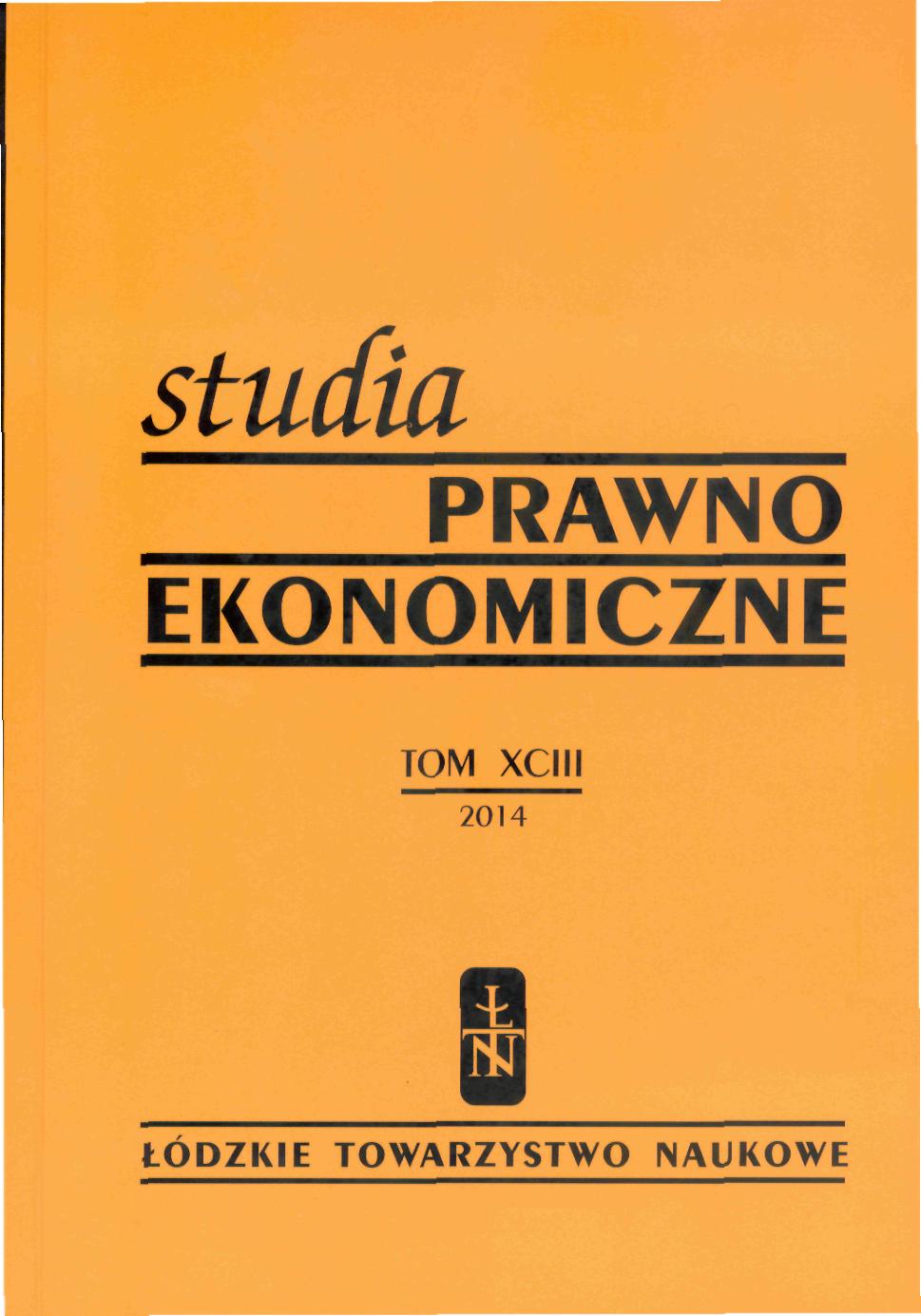Stawki podatków dochodowych od osób fizycznych i prawnych w krajach Unii Europejskiej i wybranych rajach podatkowych a bezpośrednie inwestycje zagraniczne
Personal and corporate income tax rates in the European Union and selected tax havens and foreign direct investment
Author(s): Joanna DziałoSubject(s): Law on Economics, Public Finances
Published by: Łódzkie Towarzystwo Naukowe
Keywords: tax competition; tax havens; personal income tax (PIT); corporate income tax (CIT); foreign direct investment (FDI)
Summary/Abstract: Tax competition is defined as the use of tax policy that will allow to maintain or increase the attractiveness of a particular territory for business location. Tax competition is used especially by the relatively under-developed countries, as foreign capital inflow gives them the possibility to implement modern technology, new management methods or to increase exports. One of the effects of tax competition is the formation of tax havens, countries or territories using preferential tax rates in order to gain capital from abroad. Comparative analysis of the income tax rates in the EU countries and certain tax havens shows that despite the progressive reduction of the rates of these taxes in the EU, the phenomenon of tax competition is still very strong, and the position of tax havens as countries with relatively low or very low taxes seems to be unthreatened. Conducted empirical studies, however, show that tax competition does not significantly affect the volume of foreign direct investment, and the amount of the nominal rate of corporate income tax is not critical to the decision of potential investors. Favorable investment climate is not determined only by the properties of the tax system, but it also depends on other factors. Therefore relatively highly developed countries should increase their efforts to intensify competition for capital through the use of factors other than low taxes, for example political stability, relatively low labor costs, transparent and unambiguous legislation supporting the development of business, simple procedures to enable start a business and promoting the development of entrepreneurship, good cooperation with local and central authorities, the development of road infrastructure and telecommunications / internet, highly skilled workforce and quality of land for investment.
Journal: Studia Prawno-Ekonomiczne
- Issue Year: 2014
- Issue No: 93
- Page Range: 139-155
- Page Count: 17
- Language: Polish

